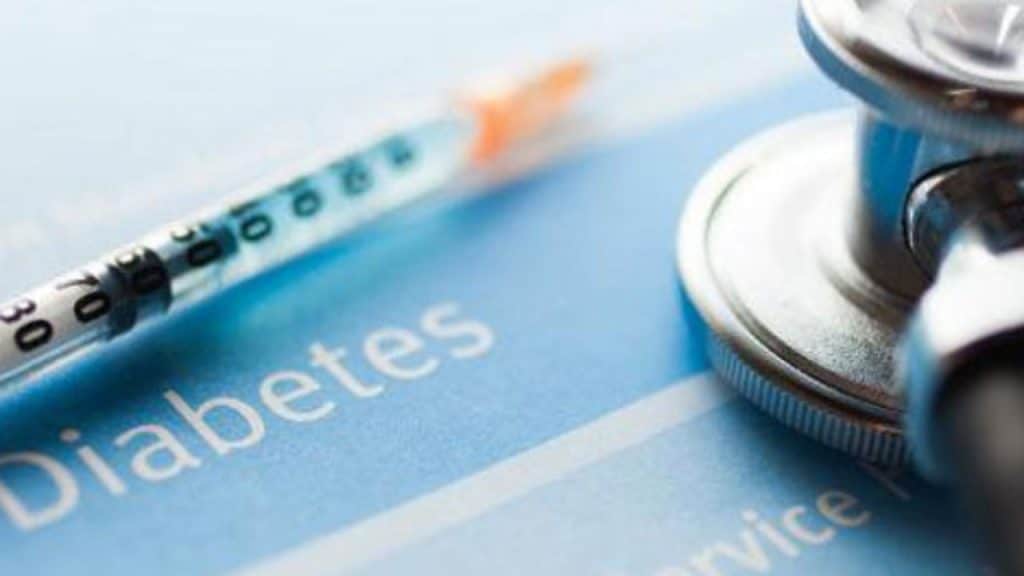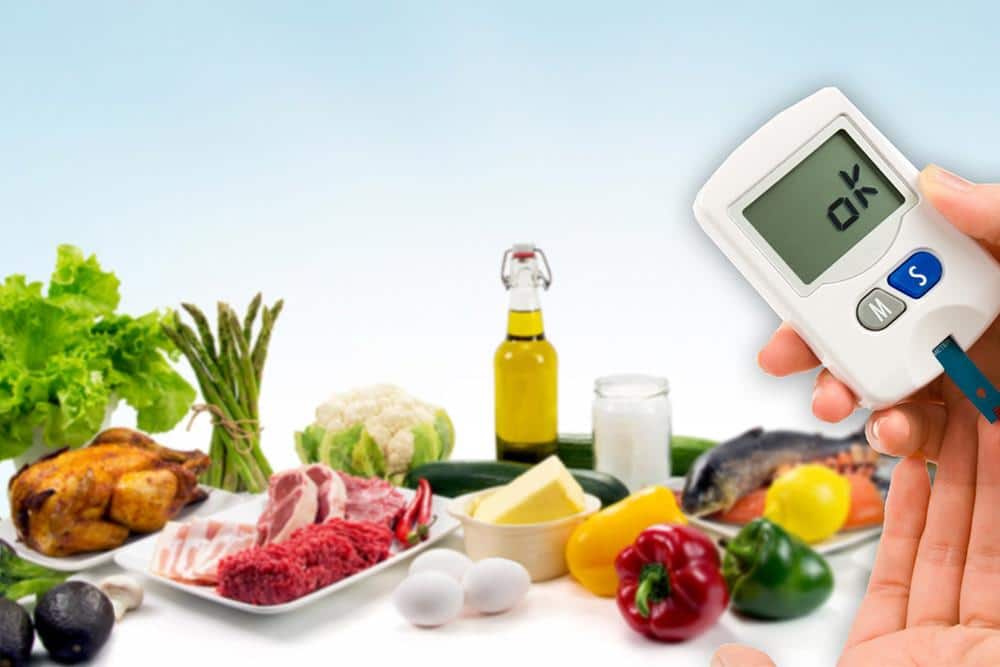Tucked behind the human stomach is another organ called the pancreas. Inside it are what are known as pancreatic islets, which produce the hormone known as insulin. If you’re not getting the insulin you need or it’s not working properly, that’s when you could develop diabetes mellitus.
Insulin plays an important role in regulating glucose, or sugar, in the blood. When you eat carbohydrates, fat or proteins, the sugar in the food needs to get into your blood so it can travel through the body to the tissue and organs that need it. Insulin is what allows this to happen.
When your body senses high levels of glucose, it releases insulin into the blood to help regulate it. When the glucose drops again, your insulin will also become inhibited. There are different types of diabetes, but they all involve either a lack of insulin or insulin that works ineffectively.
For type 1 diabetes, an autoimmune reaction destroys the beta cells that release insulin from the pancreas. The amount of insulin you produce is low or outright non-existent, causing your glucose levels to rise in unregulated fashion. You’ll get thirsty and need to urinate a lot. You may lose weight or be hungry more often.
As the condition develops further, other possible symptoms include your body’s healing process slowing, so cuts and scrapes last a lot longer than they should. Your vision may go blurry. If left untreated you could develop a potentially fatal condition called diabetic ketoacidosis (DKA).
There’s no cure for type 1 diabetes. We’re not even completely sure what causes it, although it seems to involve a combination of genes and environment (you’re more likely to develop it if you have a family history, and it often emerges in early childhood). Management generally involves supplementing your insulin levels with either injections or an insulin pump.
If you develop diabetes later in life, it’s more likely to be type 2, which is responsible for about 90% of cases. It has similar symptoms to type 1, but they may appear more slowly. Its more serious effects include what’s known as a hyperosmolar hyperglycemic state, which does not happen with type 1. Risk factors for type 2 diabetes include being overweight and lack of exercise, although there’s a genetic component.
Type 2 diabetes occurs when your cells are insulin resistant. This means you still produce at least some insulin, but it doesn’t affect your blood sugar levels like it should, causing the glucose to build up. Lifestyle changes may be able to stop or delay the development of type 2 diabetes, but if it does occur, medication like metformin may be used to manage symptoms.
A third type of diabetes is known as gestational diabetes. During pregnancy, it’s possible for your insulin production to drop or insulin resistance to develop, even if you’ve never had diabetes before. This can cause problems for both mother and baby, even resulting in stillbirth in the most severe cases.
The risk from gestational diabetes can be managed as long as it is diagnosed and treated early, which generally involves a blood test, healthy diet, lots of exercise and, if necessary, medication or insulin. Like all forms of diabetes, the most important thing is to be aware.




